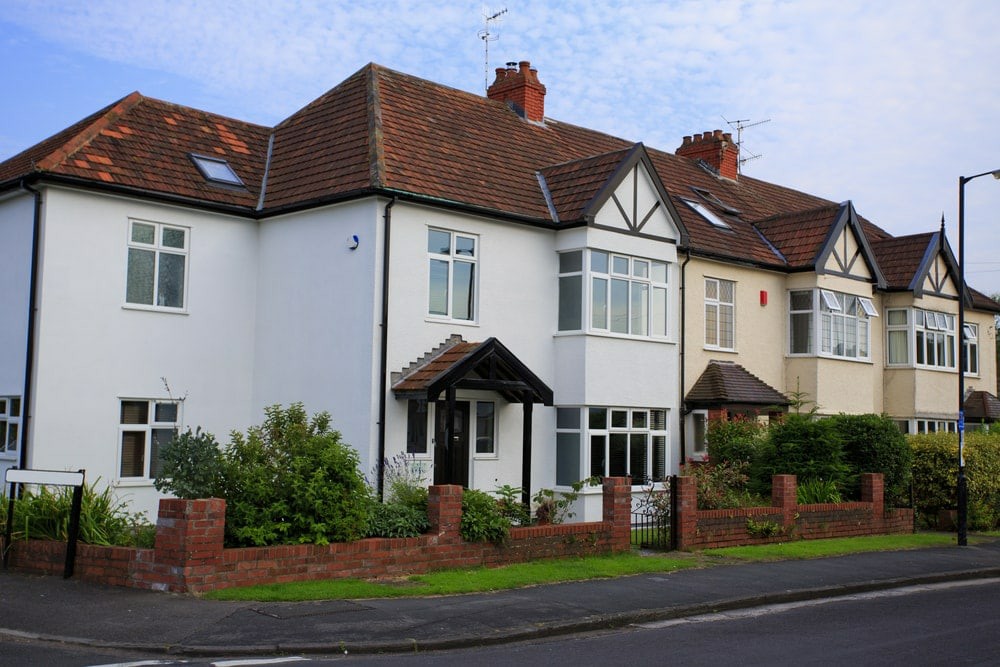House prices have reached a record average cost for a fourth running in October, climbing to a high of £335,325 for the first time since last year. Combined with a temporary cut in stamp duty and a strong labour market with several vacancies high and rising, plus the end of furlough had helped push the average property price up by more than 4.1% across England and Wales, according to e.surv Chartered Surveyors’ House Price Index.
The residential market has significantly recovered over the past 12 months, fuelled by high levels of demand for property outside urban cities in the south and attractive low mortgage rates.
Experts have optimistic predictions beyond early 2022; however, it is still unclear whether the demand for property will continue across the marker, following the Bank of England discussion around an increase in interest rates due to rising inflation caused by a global pandemic and a shortage in supply stock.
The key driver in the housing market over the past 18 months has been the “race for space”. First-time buyers have been looking at more significant properties away from the capital and big cities to find much more affordable homes in other parts of the country and rural settings.
Russell Galley, from Halifax, said, “Combined with temporary measures such as the cut to Stamp Duty, this has helped push the average property price up to an all-time high of £270,027”. Many people re-assessed their work-life balance more than ever are now hunting for more space for growing families.
Surprisingly, the North-West of England has seen the most significant house price growth, with the average value now 10.4%, bringing in the region an average house price of £205,881.
The top three areas in the North-West with the most significant increases over the period were the Wirral and Liverpool, which saw growth by more than 21% and Rossendale in Lancashire with a 24% in value.
London continues to lag behind the rest of the country, with an annual rise of just 0.8%, bringing average house price in the capital to £514,907., says Halifax. With property prices across London and the south remaining much higher, many prospective homeowners can get more for their money in the North.
Will the interest rate change the outcome of house prices?
The Bank of England decided to keep the base rate at a record low of 0.1%. Mortgage rates are still below 1 %, and many mortgage brokers urge first-time buyers to take advantage before they can increase.
Andrew Bailey said that “the Monetary policy Committee would discuss the prospect of another vote in December on whether to raise the interest rate to beat inflation”. He also added “global “supply shocks” rather than demand pressure in the UK economy”.
We would expect rising interest rates to cool the house-buying demand as borrowing costs increase. Borrowers currently on the fence might want to invest sooner rather than later to secure cheap

